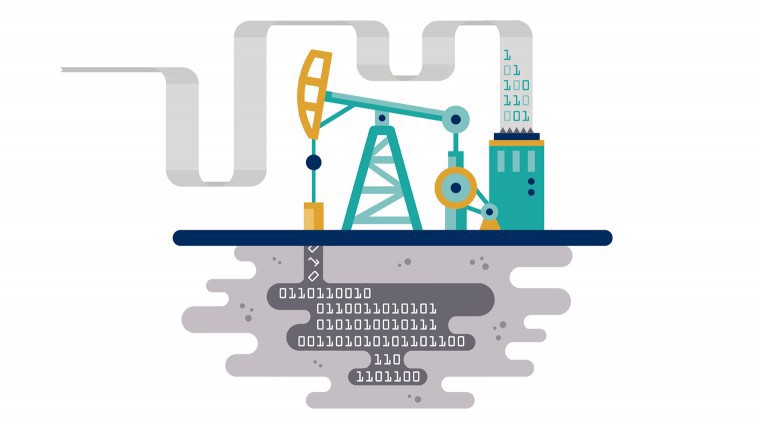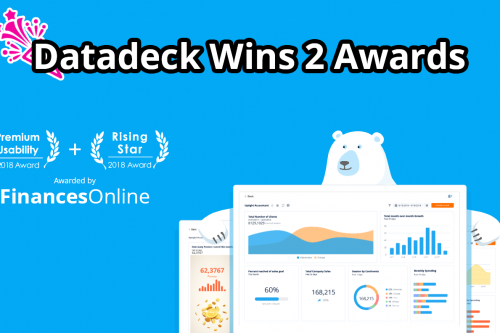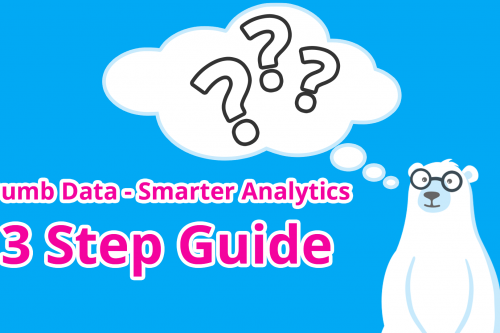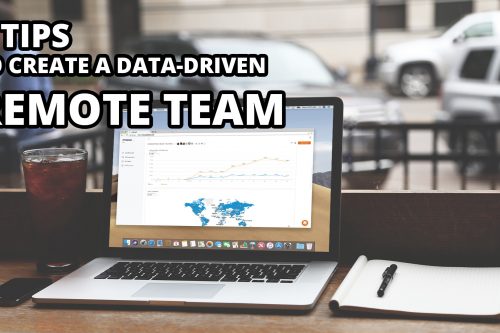Lately, there has been a lot of talk about how data is becoming the new commodity to buy into — it will be like oil one day! With the growth of online industries and the essential nature of data to many of these industries, it’s easy to see why the comparison is made: A new resource that can be monetized extremely well suddenly becomes available and acts as a fuel for the growth of a plethora of new industries. That’s sooo oil!
Here’s why it isn’t the same
1. Oil is a finite resource.
Unlike data, oil is not only running out, but it’s something we burn and need to replace. Data benefits from an extremely long shelf life.
2. Data’s value is liquid.
The price people will pay for data changes depending on what the data represents, who’s arranging it, how they’re arranging it, and how it can be used today or in the future. A barrel of oil’s price will certainly change, but it can’t be completely devalued by fresher oil being available.
3. Data is global, and can be generated anywhere.
Oil suddenly appeared in many parts of the world that were still developing, and drastically changed their fortunes. Data may help the underprivileged over the coming years, but it is the privileged countries who are set to gain the most from it. (See point 5)
4. Data comes with its own set of issues.
While oil creates wars and pollution, data creates concerns about privacy and… well, possibly wars too. Anyone who hasn’t been sleeping under a rock is now aware of the Facebook/Kremlin fiasco. For a new resource, this is both a unique and problematic issue.
5. Data is still largely a marketing tool.
When we talk about data we often talk as if it is a new thing, as if scientists haven’t been working with data, in vast quantities, for decades, even centuries. The data we are talking about now, the “big data”, is largely exciting because of how it allows companies to market themselves more effectively. What many people forget is that consumers only have so much disposable income. If companies all get better at competing for people’s attention, the early ones will definitely be set to gain a lot, but game theory will come into play. Companies not only benefit from data but are choked by the tougher competition. The benefit to global business will come down to the new speed of trade, not a drastic increase in consumer spending.
6. Data needs to be “worked to the end”.
Oil was always a great business to be in it because you can either sell the crude, or refine it yourself and sell the petrol. Once you have done either of those two things you have provided a useful service, and whoever bought the product can go off and do whatever they want with it, powering their business or whathaveyou.
Data isn’t like this. Data has to be looked after when it is deep within the end user’s territory. If someone buys a whole load of data they need to have people employed within their company who can actually process that data and derive insights from it. They have to be constantly sifting through the data, and all the new data that comes from it. If the end users aren’t able to do this effectively, then the data industry is failing. Oil/petrol is comparatively simple.
7. Anyone can collect data.
Expect competition for data services to be fierce and difficult to monopolize. When the oil industry started to grow if was often built up by certain dynastic families, fathers successfully digging a few wells, and their sons expanding the business into new territories. Data won’t exhibit the same nepotism. The industry is moving so fast that it will be the most effective and innovative leaders that will pull ahead. Having a degree in geology and some insider knowledge could have got you far in 1900 but to get the most out of the data industry you will need a lot more practical experience. Jumping on the data bandwagon may not be as easy as many are making out.
So there you have it. What do you think about our list? Anything we missed?





